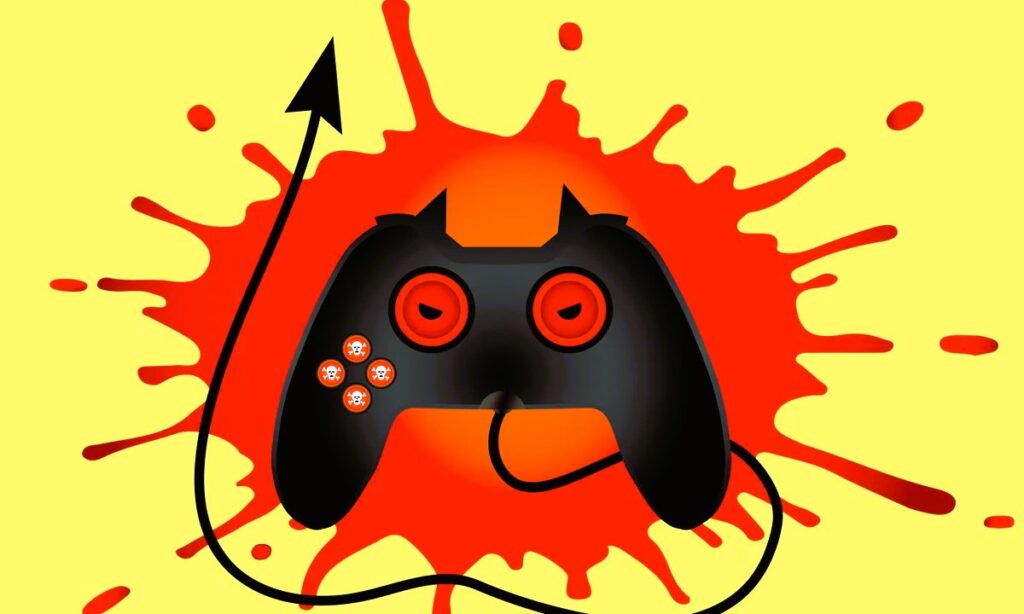Video games have often been misunderstood, especially when it comes to their impact on children. While some view gaming as a negative activity, research has shown that video games can have positive effects on children’s development. In this article, we will debunk common myths and explore the benefits of video games for kids.
Myth 1: Video Games Lead to Aggression in Children
A common myth is that violent video games cause aggression in children. However, the link between violent games and violent behavior is not as clear as it seems.
The Truth:
- Problem-Solving Skills: Many video games require critical thinking and strategy, helping children develop problem-solving abilities.
- Stress Relief: Games can be a healthy way to release stress, improving emotional regulation and reducing real-world aggression.
Video games can promote teamwork, strategy, and cooperation, rather than fostering aggression.
Myth 2: Video Games Are a Waste of Time
Another myth is that video games serve no educational or developmental purpose.
The Truth:
- Cognitive Development: Puzzle and strategy games enhance skills like memory, attention, and concentration. Games like Minecraft promote creativity and problem-solving.
- Educational Games: Many games are designed to teach academic concepts, helping children learn while having fun.
Far from being a waste of time, video games can be a fun and engaging way to develop important life skills.
Myth 3: Video Games Are Addictive and Harmful to Mental Health
There’s a concern that video games are addictive and harmful to children’s mental health.
The Truth:
- Moderation Is Key: Just like any other activity, gaming can be beneficial if done in moderation.
- Social Connections: Many games encourage social interaction, improving communication and teamwork skills.
Video games can be a positive and social activity, promoting well-being when approached responsibly.
Myth 4: Video Games Are Bad for Physical Health

Critics argue that video games lead to sedentary behavior and poor physical health.
The Truth:
- Active Games: Motion-based and VR games, such as Ring Fit Adventure, encourage physical movement, turning gaming into a workout.
- Posture and Eye Health: Proper ergonomics and regular breaks can help prevent issues like eye strain and poor posture.
With mindful habits, video gaming can be an active and health-conscious activity.
Myth 5: Video Games Prevent Children from Being Productive
Some believe that video games distract children from productive activities like schoolwork. Read about which toys are best for different ages in the article The Role of Toy Play in Infant Development.
The Truth:
- Improved Focus: Many video games improve attention and focus, which can help children with school tasks.
- Time Management: Gaming often involves planning and timing, skills that can help children manage their time effectively.
When balanced with other activities, video games can enhance focus and productivity.
Myth 6: Video Games Are Only for Entertainment, Not for Learning
Some argue that video games are merely entertainment and don’t offer educational value.
The Truth:
- Educational Games: Games like Civilization VI and Kerbal Space Program teach children about history, science, and other subjects in an interactive way.
- Soft Skills: Multiplayer games teach teamwork, leadership, and decision-making.
Video games can be a powerful tool for learning and personal growth.
Conclusion
Video games offer numerous benefits, from cognitive development to social connection and stress relief. By debunking these myths, we can help children enjoy gaming in a healthy, balanced way. With the right approach, video games can be a valuable tool for learning and growth.
For more information on the benefits of video games, check out this Wikipedia article on Video Games.





